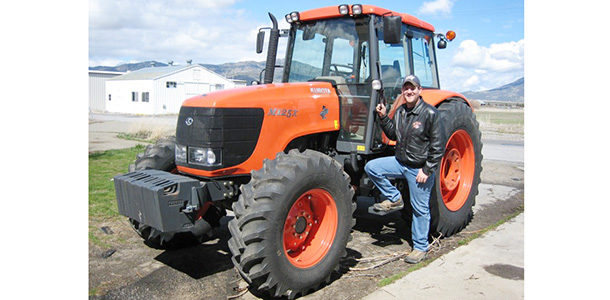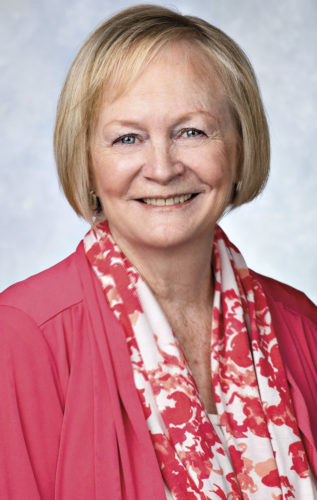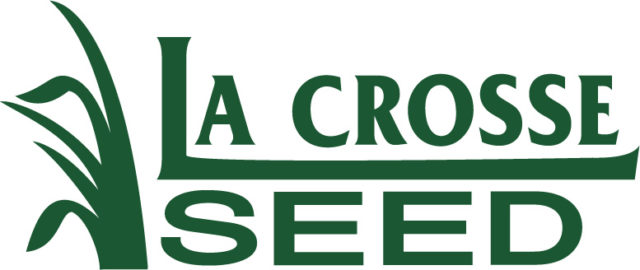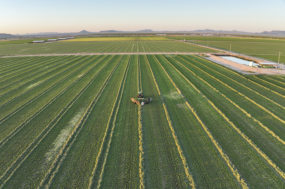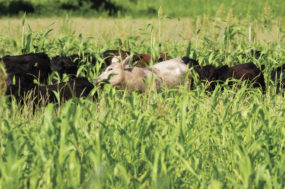Editor’s note: This is the fourth in a four-part series looking at how four individuals are turning dreams into reality to become first-generation farmers and ranchers. To view Part 1 – Lance Peters, click here; to view Part 2, – Sarah Sortum, click here; to view Part 3 – Jacob Schenk, click here.
Brandon Fawaz of Siskiyou County, California, didn’t have any ag background in his family. His dad was on the California Highway Patrol, his mom was a school principal, and they didn’t even want Brandon to take a small animal to the fair.
When Fawaz got into high school there weren’t a lot of electives offered, like might have been offered at a larger school, so his only options were art or agriculture. He had always been fascinated with equipment, so he went the ag direction. His first ag advisor was Jim Isbell and one of the requirements was to have an FFA project. Isbell encouraged Fawaz to start a hay hauling business with a loan from Bank of America. So, he bought a New Holland bale wagon and in the summer of 1995 he started hauling hay.
As his project developed, Fawaz would haul hay for people who weren’t satisfied with those who were cutting and baling it. So slowly Fawaz acquired all the equipment needed to do all the basic haying jobs. It was pretty old equipment, in need of constant maintenance – nothing very fancy, nothing with even an air conditioner in it.
“My first three tractors didn’t even have a cab or anything,” Fawaz says. “And the third one – I built a makeshift cab or canopy to keep the sun off me. You have to be willing 100 percent to make those sacrifices.”
After high school, Fawaz was accepted to major universities – UC-Davis, Auburn, Cal Poly – but chose to attend a local college so that he could keep up with his hay business, which had grown to about 500 acres divided among several customers.
“There were a lot of sacrifices I made along the way,” he says. “I got a bachelor’s degree in business, but it wasn’t an ag business degree from UC-Davis or Cal Poly where I had been accepted, because I didn’t want to leave the business I had started. There were a lot of times when I was younger my friends were worried about what to do on Friday nights, but I was baling hay or plowing a field or doing something that was a little less glamorous.”
The sacrifice paid off. By 1999, Fawaz had paid off his initial equipment and in 2003 he took the plunge and bought more modern equipment. In 2004 he acquired his own lease on a larger ranch of about 600 acres and a number of new custom jobs as well, which put his operation at 1,800-1,900 total hay acres. His leased ground “wasn’t the best ground, but it was ground.”
Of the financial sacrifices, Fawaz says, “A lot of people had newer pickups and toys that I could never purchase because I was always putting my money back into my business. I had to be very disciplined.”
But in 2004, he got a financial break, of sorts. That year Fawaz won the California Farm Bureau Outstanding Young Farmer or Rancher award, which came with the use of a Kubota tractor free for one year.
The next big change came in 2005 when Fawaz went to work for a guy who had a chemical and fertilizer business, hoping that when the owner retired he’d sell the business and maybe Fawaz could acquire it, although things didn’t work out that way.
Nonetheless, Fawaz gained experience and at the start of 2006 was able to start his own ag-servicing business with chemical fertilizer application, seed and twine, in addition to his haying business. His business provides a niche in the county offering variable rate application fertilizer and providing site-specific management to growers.
Building on this momentum, today Fawaz leases about 1,000 acres and does a little less custom farming. Since 1998 when he graduated from high school, 2012 was the first year he was able to purchase his own ground – 300 acres. It includes only 100-plus acres of production ground, and the rest is hillside and barnyard. But it’s his.
Fawaz thinks it might be harder for young people to get started in an agricultural business today.
“Agriculture has always been capital intensive but for a young person, or for a person without a lot of financial backing, the access to the necessary capital is the most difficult obstacle to overcome. Prices have been pretty decent in agriculture in the last few years and have allowed some farms to get bigger. But I think hands down for someone starting out the problem will be access to capital.”
Financial backing and financial management are two components Fawaz learned early in his career. “One must be a businessman before he can be a farmer,” he says. “Running a farm makes one always have to balance their books and stay financially solvent.”
Perhaps the most significant sacrifice he has made is somewhat ironic.
“One of the reasons I got into agriculture was because of my fascination with equipment, and now, although I sill operate equipment, I don’t run a shift per se anymore,” he says. “Instead, I’m driving 40,000-50,000 miles in a pickup every year and put a lot of minutes on the cell phone.”
It’s the three full-time employees and numerous summer part-time employees who operate the machinery now, Fawaz says.
But the sacrifices don’t end there. He also commits time to building the industry and connections within various organizations. He’s active in a political party, on the board of California Farm Bureau, and has made numerous trips to Sacramento and Washington, D.C., lobbying and providing testimony regarding various industry topics. He still puts in a lot of hours, even if it’s not on the seat of a tractor.
“I’m not sure kids today know what really long hours are,” Fawaz says. “I just knew I wasn’t going to inherit [this business], and never got to marry it, so we had to build it ourselves.”
Brandon Fawaz, Sarah Sortum, Jacob Schenk and Lance Peters – farmers, dairymen and ranchers – all figured out or are attempting to figure out how to become first-generation producers on the land. They’re proving every day that with sacrifice, discipline, dedication and dreams it can be done. FG
PHOTO
Brandon Fawaz, a first-generation farmer, poses with the tractor he won for a year's use from Kubota as part of the California Farm Bureau Outstanding Young Farmer and Rancher Award. Photo courtesy of Brandon Fawaz.
